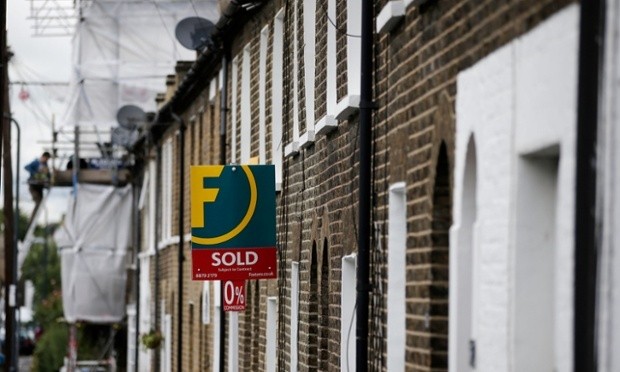How will an interest rate rise affect your investments
Post on: 25 Май, 2015 No Comment

Darius McDermott, managing director of FundCalibre, talks to Mark King about how an interest rate change may impact your investments.
If you live in the US or Europe, it is quite a feat to remember when interest rates last went up.
The reason rates have stayed low for so long is to contain the fallout from the financial crisis in 2008 when a number of banks went bust.
For economies to recover, you need a strong banking system and lending is essentially the life blood of an economy but banks have taken a lot longer to recover and get to the point where they are comfortable lending in meaningful numbers.
Generally, governments and central banks around the world such as the Bank of England (BoE) — have used two tools to help rebuild the banks and get them lending again. The first tool was dropping interest rates to historic lows. Lower rates increase the money supply and boost economic activity.
The second tool was to get money flowing though quantitative easing (QE). When a central bank seeks to promote economic growth, it buys government bonds (also known as debt), which increases the money supply. QE targets commercial bank and private sector assets instead, buying debt off banks so they have more money to lend to businesses, spurring economic growth.
In theory, the application of these two tools should have allowed the banks to make more loans but in practice they used the additional money to prop up their own balance sheets instead of lending to small and medium-sized businesses.
Beneficial effect
In the US (and to a lesser extent in the UK), this flow of additional QE money has had a beneficial effect on the economy. The Federal Reserve (the US’s central bank, also known as the Fed) decided earlier in the year to end QE by tapering their purchases of debt from the banks. The tapering will finish at the end of this month and a vital question is when will interest rates start to rise again?
Interest rate hikes will have all sorts of knock-on consequences.
It will cost governments more to borrow, which will add to already stretched budgets.
Homeowners with mortgages will pay more, leaving less for them to spend. Holders of debt — government and corporate — will likely see the value of their investments fall as interest rates rise.
It will, however, be very good news for savers who have been losing money in real terms (the interest rates they have been receiving are lower than the rate of inflation ), so a trend of higher rates will start to redress the balance.
The Fed under Janet Yellen and the BoE under Mark Carney have been keen to give guidance on when the first rate rise might be. It had been assumed rates might start to rise early in 2015. But after concerns about the slow pace of recovery, the Fed has taken a dovish stance, so it is likely to keep rates on hold until much later in 2015.
How a rate rise will affect your investments
Investors need to be aware of how rate rises will affect their investments. They have a number of choices: they can look at very short dated bonds, which will be repaid within the next year or so and will be relatively unaffected by rate rises — for example, the Elite-rated AXA Sterling Credit Short Duration Bond fund ; they can consider strategically managed funds that may hold floating rate debt (the interest rate paid by the bond actually rises as rates rise) the Elite-rated Jupiter Strategic Bond holds 25% of its portfolio in these debt instruments; or they can invest in asset-backed securities where there is less sensitivity to interest rate movements exposure to this type of security can be gained through the PFS Twenty Four Dynamic Bond .














